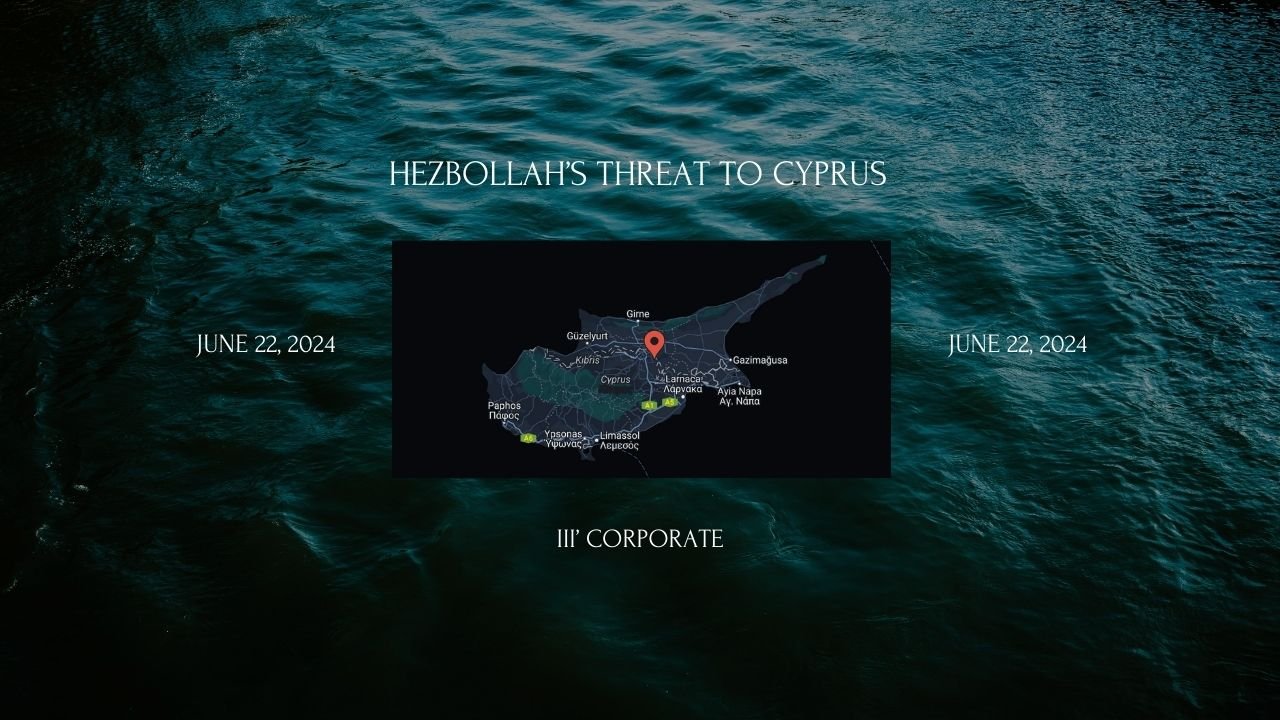The latest Hezbollah threat against Cyprus appears to be a rhetorical tactic open to multiple uses and exploitation. If the threat is materialized, Hezbollah would exhaust its own limited resources while reinforcing aid to Israeli defense. Therefore, it seems that Hezbollah is leveraging this threat as a form of coercion, oscillating between rhetoric and the possibility of action.
The voices from the Israeli front, the Republican front in the US (Bolton), and Hezbollah appear to be in harmonious escalation, at least in terms of rhetoric. Interestingly, the spread of the Middle East crisis coincides with a period in which the divergencies between the Biden administration and the Netanyahu administration are slowly increasing.
This situation imposes a new front and a new set of responsibilities on the European Union’s Ukrainian front. It also poses a significant terror risks both for Turkey and the UK, involving challenging possibilities. I already have some scenarios in my mind about stray missiles that could hit any point in Northern Cyprus, but this is not the subject of this article.
Possible Consequences
Firstly, it could fuel a serious debate on the spending strategy of the European security architecture and trigger the purchase or acceleration of processes for acquiring mandatory and urgent missile defense systems (including the Iron Dome and Patriot).
Secondly, it could consolidate Hezbollah’s position in Lebanese politics, as it seeks to extend its influence to the Eastern Mediterranean in an interesting way.
The potential escalation could engage in a multi-pronged psychological warfare to consolidate Hezbollah’s asymmetric escalation dominance.
To add an analogy to Mearsheimer’s latest Hamas-Israel analysis, Israel is too smart not to eliminate Hezbollah. This would produce an equation that is both difficult, dysfunctional, and escalatory, further complicating regional dynamics. Therefore, it would be necessary to normalize the situation in the Red Sea and the Eastern Mediterranean, give the necessary hush money, and ensure the indirect gains of Iran and Israel, which stand to benefit from either expanding the regional crisis or being pacified.
Since Hezbollah, functioning as Iran’s proxy force, has a significant socio-political base in Lebanon, its elimination would require a very difficult process. As seen in the recent embassy crisis, Washington has been negotiating with Iran through Oman to avoid further escalation. Since an expanding and escalating Hezbollah scenario is not in line with American regional policy, the situation will likely evolve towards whatever de-escalation is needed.
What to expect?
It is difficult to imagine that Hezbollah cannot be limited in a Middle East equation where Iran’s retaliatory attack is limited by indirect negotiations. The imbalance between ‘Hezbollah’s missile and drone capabilities’ and ‘Cyprus’s air defense’ clearly signals something else. This means brand new items in terms of European security architecture and strategic defense expenditures. Fortunately, Washington has both recent and historical experience in handling crises that risk rising and spreading like popcorn in the region.
Muhammet Ali Zurnacı, June 22, 2024, Istanbul
